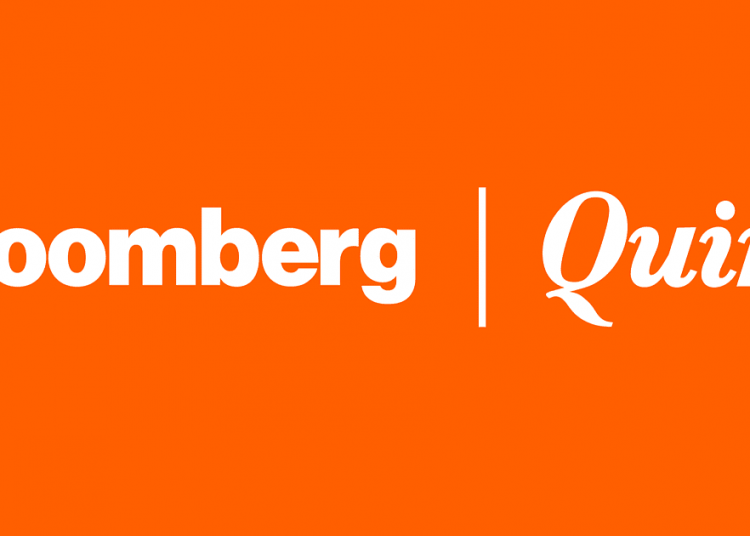(Bloomberg) — Former Goldman Sachs leader Lloyd Blankfein is taking the financial industry to task for failing to speak out sooner against President Donald Trump, whose administration juiced Wall Street profits but is now winding down in violence.
Many in finance don’t support Trump. But most were willing to look past the president’s character — on full display this week, as he incited a mob that stormed the U.S. Capitol — in exchange for tax cuts and weakened regulation that helped drive markets through the roof.
“If you are willing to overlook bad character because they do good things for you, then that comes back to bite you,” Blankfein, who retired as Goldman Sachs Group Inc.’s chief executive officer in 2018, said in an interview from Miami. “Trump was doing a lot of good things, but all the while he was showing such poor character.”
Few groups in the U.S. worked with the administration like Wall Streeters. While deans of the industry criticized Trump’s rhetoric in the 2016 campaign, they openly welcomed the president’s promises of lower taxes and looser regulation. And once Trump took office, many in the industry publicly muted the concerns they expressed privately about his leadership, even as the country hurtled from one divisive crisis to the next.
To Blankfein, 66, the longtime enabling of Trump reminds him of executives who turn a blind eye to bad behavior by rainmakers, despite the damage they inflict on teams or the rules they bend.
“It’s tempting to keep a trader who’s very profitable,” he said. “If you ignore a difficult person just because he makes you a lot of P&L, that will end badly. That’s kind of like what happened with our president.”
The former Goldman boss had a close-up view of the president’s rise to power. In the closing days of the 2016 campaign, Blankfein’s image featured in an ad as Trump’s voice promised to take down a “global power structure.” Blankfein publicly shrugged it off, and his longtime lieutenant, Gary Cohn, soon joined the nascent White House to see through an overhaul of the U.S. tax code that proved especially beneficial to banks.
Peers such as JPMorgan Chase & Co. CEO Jamie Dimon, meanwhile, assured the public that Trump was populating his team with serious people like Cohn, as well as others from finance.
Even Blankfein, a longtime Democrat, defended the White House’s economic policies. Occasions when he broke with the president included his crackdown on immigration.
His successor, David Solomon, was among a group of business leaders who met the president at the White House last year at a time of desperate need for economic resuscitation. Even in that moment, some emissaries of the industry couched their demands behind praise for Trump shown on televisions around the world.
Blankfein said it would be unfair to expect business leaders to cry foul every time they disagree with the president. But the riot at the Capitol shows Trump was allowed to go too far.
“Wall Street leaders owe their platforms to their companies, and they generally should focus on things within their expertise or on things that are important to their employees,” he said. “But this is so reprehensible that I think everyone should speak out.”
Events of this week, in the waning days of Trump’s presidency and power, finally sparked strongly worded expressions of disgust from across the finance industry, even if few CEOs mentioned him by name.
“We knew the president’s character: all the scandals, all the people who came forward. He was a TV star and a tabloid favorite,” Blankfein said. “His business ethics were poor and some establishment figures wouldn’t deal with him, but because he lowered taxes and reduced regulatory barriers, a lot supported him.”















